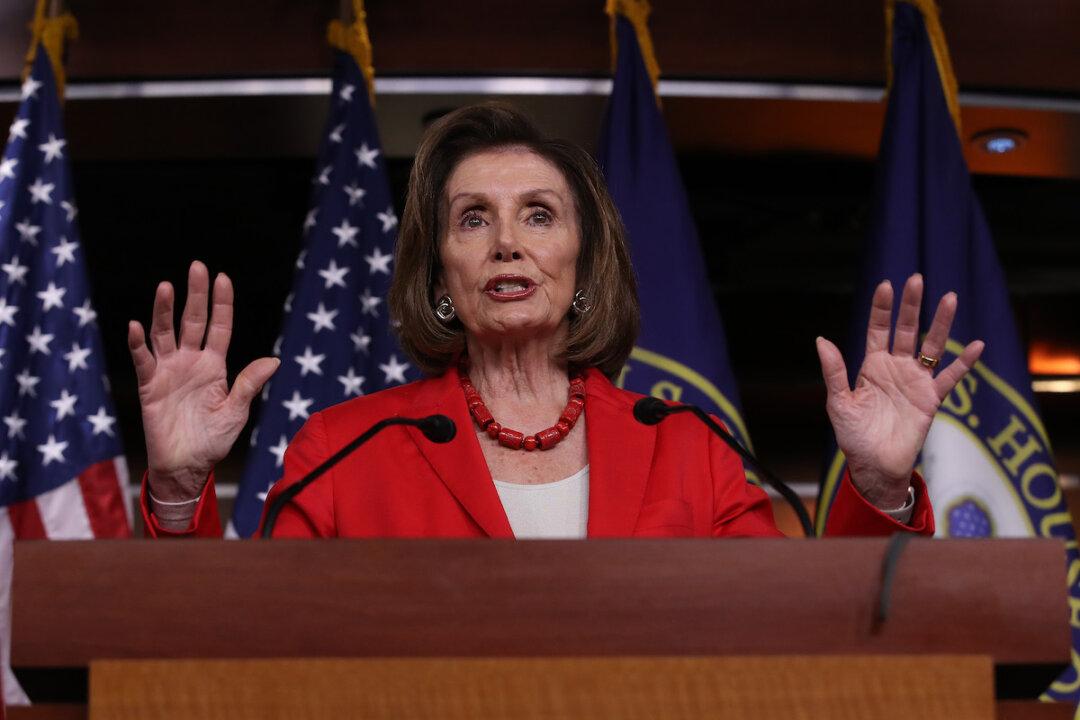The House has passed a $4.6 billion emergency border aid package following House Speaker Nancy Pelosi’s (D-Calif.) decision to back down on efforts to amend the bill, after facing intense pressure to approve it before the weeklong recess.
The bill passed 322–85 in the afternoon of June 27, allowing the Senate-drafted measure aimed to address the humanitarian crisis at the U.S.–Mexico border to be sent to President Donald Trump for signature.




